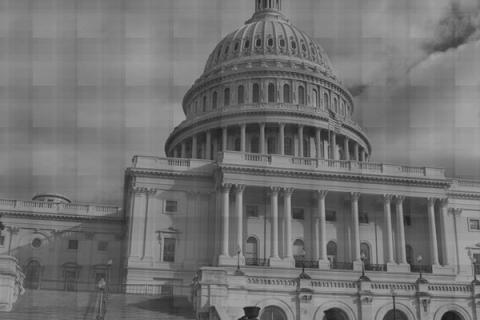
President Obama’s Deferred Action for Childhood Arrivals memo has been publicized as an executive order by many non-profit immigrant organizations, leading many people to apply in the hopes of achieving legal status. The news media, both English and Spanish, have made the same mistake of touting the new immigration policy as an executive order. Regardless of the intention, the response from the immigrant community has been overwhelming with hundreds and even thousands showing up to events on the new DACA policy. This has led to a greater need to organize the crowds. In Los Angeles, for instance, there is a planned DACA event for September 22 at the local convention center, where an estimated 5,000 people are expected to attend.
Many non-profits are also using this recent mobilization as a way to bring young people into their organizations by offering them assistance in navigating the DACA. While some groups are offering immigration services for free, many are charging money and stand to profit; along with independent immigration attorneys and law firms.
Despite all the excitement about the DACA policy and the possibility of a work permit, some in the immigrant community have met the new policy with a sense of wariness. Many people feel that Obama has not delivered on his promises and his deportation record is not exactly "immigrant friendly."
Others simply do not like the actual DACA legislation itself. Essentially, the DACA simply allows immigrants to request a two-year waiver from possible deportation. But, you have to register with immigration authorities first, with no guarantee you will not be deported if your request is denied.
The legislation gets more complicated by other vague criteria that can disqualify someone from consideration. If you meet all the stated requirements, have all the proper documentation, and a spotless record you probably have a good chance and acceptance. But there is a gray area for people with minor violations, misdemeanors or a ‘record’ they might not know they even have. There is currently no chance for appeal, and if your application is denied it is unclear what the repercussions may be.
As the Chicago based Moratorium on Deportations Campaign points out, “Homeland Security documents clearly state: even people who meet all the criteria may be rejected and turned over to I.C.E. There is no guarantee they will be granted any kind of relief, and the government will be able to initiate deportation proceedings against them, at any time." In addition, even if granted, Deferred Action does not represent a legal status or safety from deportation. It simply means the government may temporarily postpone efforts to remove you.
Some people have flat out refused to sign up. They are wary of the current administration's record on deportations and perceive the DACA as a trap to promote further deportations. MDC sums it up succinctly, “While Deferred Action may be a good option, or the only option, for people already in custody, it is incredibly cynical to bait young people who are not yet in custody and are therefore not yet subject to deportation, promising to postpone actions that have not been initiated against them in the first place.”
The reactions of people who may benefit from DACA have been mixed, but largely positive. But, the "far-right" reaction by politicians in places like Arizona has shown where the major contours of the immigration debate still stand nationwide; a polarized and oversimplified debate based on an "us vs. them" mentality.
On the day DACA went into effect, Arizona Governor Jan Brewer issued an actual executive order denying access to in-state rights generally reserved for citizens, such as access to a driver’s license. While the motivations for Brewer’s actions may be grounded in harsh anti-immigrant rhetoric, even the DREAM Activists were quick to point out that DACA was only a “stopgap measure” at best. Brewer’s actions shows the limits of Obama’s memorandum to DHS, but it also shows how entrenched factions of the right have become in their anti-immigrant, anti-Latino rhetoric.
Despite this reaction, the people on the ground are still organizing tin support of immigrant rights. As this recent LA Times piece points out, youth and activists in organizations like the Arizona Dream Act Coalition still hopes to persuade the Governor Brewer to use more practical discretion in changing the way immigration law is implemented.
